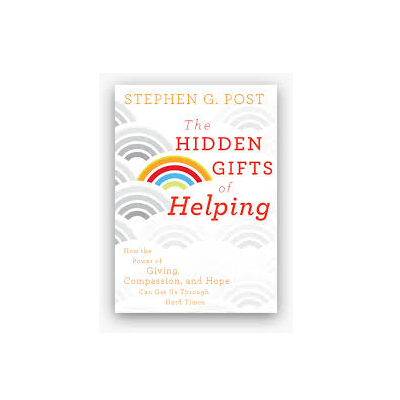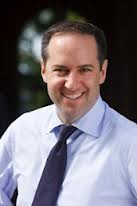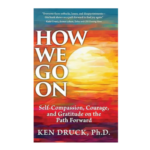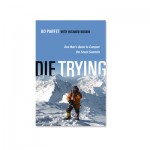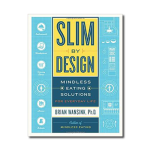I happen to be listening to a podcast that the Robert Greenleaf Center for Servant Leadership was hosting , and I heard an interview with author Ari Weinzweig the author of a trilogy of books entitled ” A Lapsed Anarchist’s Approach to Managing Ourselves”, “Being a Better Leader” and “Building a Great Business” all in the Lapsed Anarchist’s series. I was so taken by Ari’s approach to how he built and ran his organizations that I invited him to be on Inside Personal Growth. In this interview about his book “Managing Ourselves” Ari and I discuss the 12 Tips for more effective self-management, which are truly gems and so important to learn on our path of self discovery and personal growth. Tip one (1) is “Get to Know Yourself”, now while this seems simple most of us spend a lifetime going deep into our soul seeking to better understand our best attributes and qualities as well as how to improve the ones that frequently get in the way and don’t serve us as becoming better human beings. The second Tip Ari speaks about is “Honoring Your Emotions.” We all know the line “leave your emotions at the door” when you go to work. As Ari states that is utterly impossible—our emotions go with us wherever we go but we can learn to monitor and manage them so they don’t get in the way of what we are trying to accomplish. The entire list of 12 tips are in his book, as well you can go to his website to learn more. I know that you will receive a lifetime of personal and business wisdom from my interviews with Ari. I highly encourage purchasing Ari’s trilogy of books and to learning more about his organization Zingerman’s by clicking on the link here. He has also created Zing Train a training organization based in Ann Arbor, MI with a mission to help organizations better serve both their customers and employees. To learn more click here to be directed to the Zing Train website, or click here to be directed to the Zingerman’s Facebook page.
Inside Personal Growth with Greg Voisen · Podcast 478: The Hidden Spirituality of Men with Matthew Fox I was so pleased with my first interview


